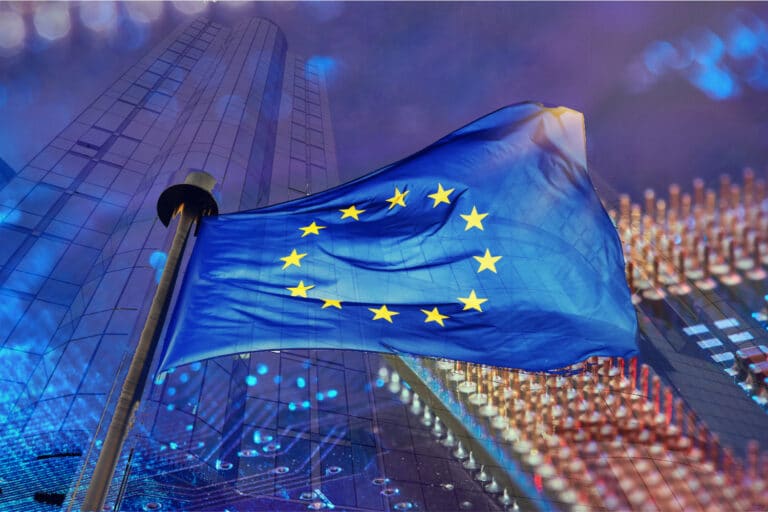Members of the European Parliament claim the tech giants used shady techniques to influence European lawmakers and law.
Big tech companies like Google, Meta and Amazon have deceived lawmakers by lobbying through smaller front organizations, according to a report in POLITICO. Leading European lawmakers are now asking for the firms to be banned from engaging with European Union institutions.
Leading Members of the European Parliament (MEPs) Paul Tang, René Repasi and Christel Schaldemose submitted complaints against eight companies and lobbying groups to the EU’s lobbying body on Thursday, according to documents seen by POLITICO.
The MEPs asked for an investigation into Google, Meta and Amazon, as well as large lobbying groups including the Computer & Communications Industry Association (CCIA) and advertisement group IAB Europe. Three other lobbies representing small and medium-sized companies — SME Connect, Allied for Startups and Connected Commerce Council — are also targeted by the complaints.
A move to ban big tech from entering EU buildings
The politicians also want representatives of the eight organizations to be blocked from entering EU institutions to meet with policymakers, lawmakers and diplomats if the watchdog finds the allegations merited. According to the lawmakers’ complaints, the Big Tech companies deceived European lawmakers during negotiations on two landmark EU tech laws — the Digital Markets Act (DMA) and Digital Services Act (DSA) — by hiding behind fronts.
The lobbies allegedly represented small and medium-sized companies to which they provided funding and instructions. Meanwhile, the lobbies “pretended to be the official representatives of SMEs while at the same time promoting and defending the business interests of big tech” without disclosing their connections, the MEPs added.
They said bigger groups like CCIA and IAB Europe reached out to lawmakers on behalf of ‘Targeting Startups’, which was not registered. “This is foul play,” said Tang, a Dutch MEP. “It violates the entirety of transparency on lobbying; you need to identify yourself. We need to know who we deal with as MEPs or as other officials in the European Union.”
